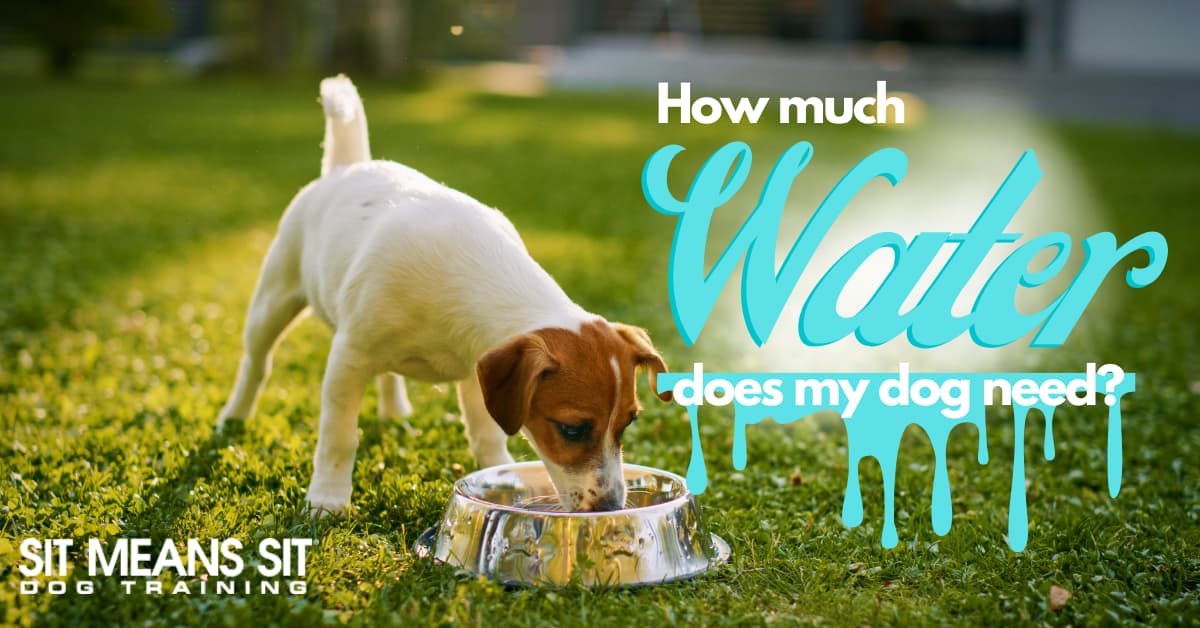
How Much Water Does My Dog Need?
Water is an essential component of life, and just like humans, dogs rely on an adequate intake of water to stay healthy and hydrated. As a responsible dog owner, it’s crucial to understand your furry friend’s hydration needs to ensure their well-being.
Let’s explore how much water your dog needs on a daily basis, factors that affect their water intake, and signs of dehydration to watch out for.
Daily Water Requirements
On average, dogs require approximately 1 ounce of water per pound of body weight each day. However, this can vary depending on factors such as age, activity level, size, and overall health. Puppies and lactating or nursing dogs may need more water due to their higher metabolic rate, while older or sedentary dogs may require less. Consult with your veterinarian to determine the specific water needs of your dog based on their individual circumstances.
Activity Level
A dog’s activity level plays a significant role in determining their water intake. Active dogs, such as those participating in agility training, hiking, or running, will naturally require more water to compensate for the fluids lost through panting and sweating. Always ensure your dog has access to fresh water before, during, and after physical activity to prevent dehydration.
Climate and Temperature
Hot weather and high temperatures can cause dogs to lose water rapidly through panting and increased body heat. In warmer climates, it’s essential to provide ample access to fresh, cool water to keep your dog hydrated. Additionally, consider providing shaded areas and avoiding strenuous activities during the hottest parts of the day to prevent overheating and excessive water loss.
Size and Breed
Larger dogs generally require more water than smaller breeds due to their larger body mass and higher metabolic rate. However, some small breeds, such as toy or teacup varieties, may have specific needs due to their size or predisposition to certain health conditions. Speak to your veterinarian to determine the appropriate water intake for your dog based on their size and breed.
Signs of Dehydration
Monitoring your dog’s hydration is crucial to ensure their well-being. Common signs of dehydration include lethargy, dry or sticky gums, sunken eyes, loss of appetite, and decreased skin elasticity. If you suspect your dog is dehydrated, offer them water immediately and contact your veterinarian for further guidance.
Encouraging Water Consumption
Some dogs may not drink enough water voluntarily. Here are a few tips to encourage water intake:
-
- Provide fresh, clean water at all times and change it regularly.
- Ensure water bowls are easily accessible and placed in convenient locations.
- Consider using a pet fountain, which may attract dogs to drink more due to the flowing water.
- Add moisture to your dog’s diet by incorporating wet food or adding water to dry kibble.
Water is a vital element of your dog’s overall health and well-being. But a hydrated dog is always a happier dog, so ensure they have fresh water always available and be aware of the signs of dehydration.
